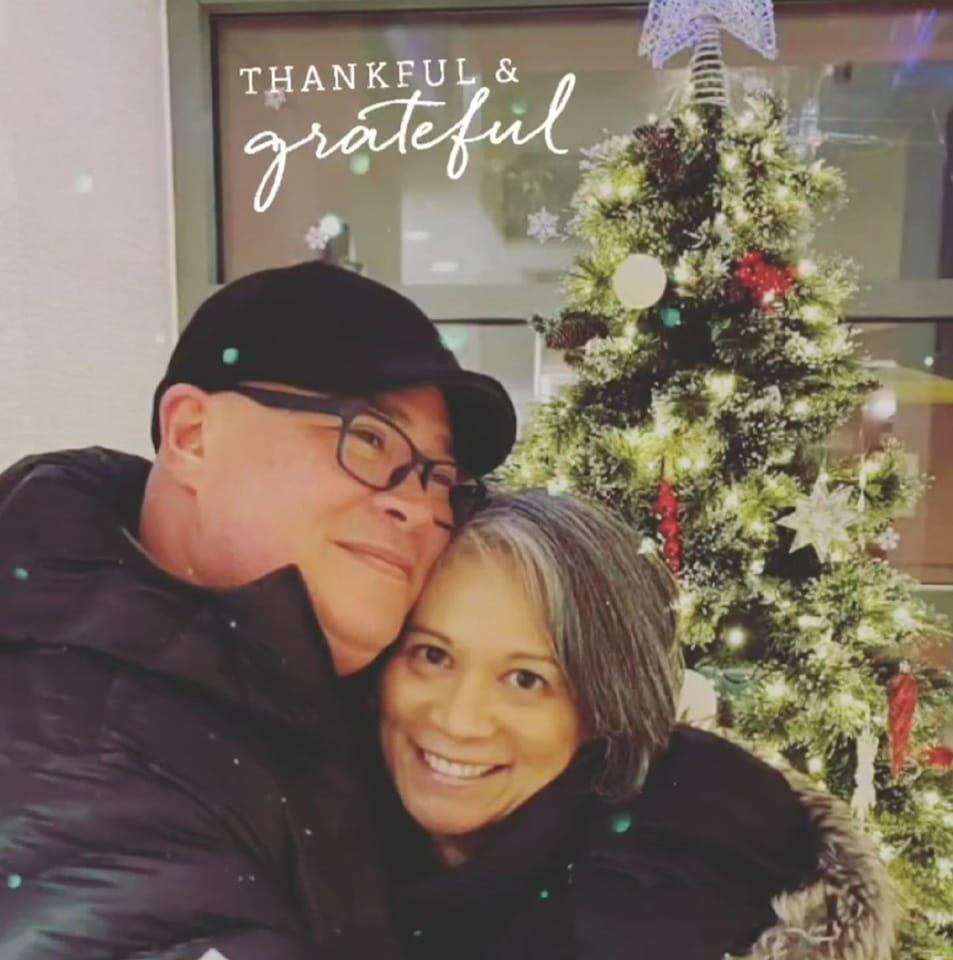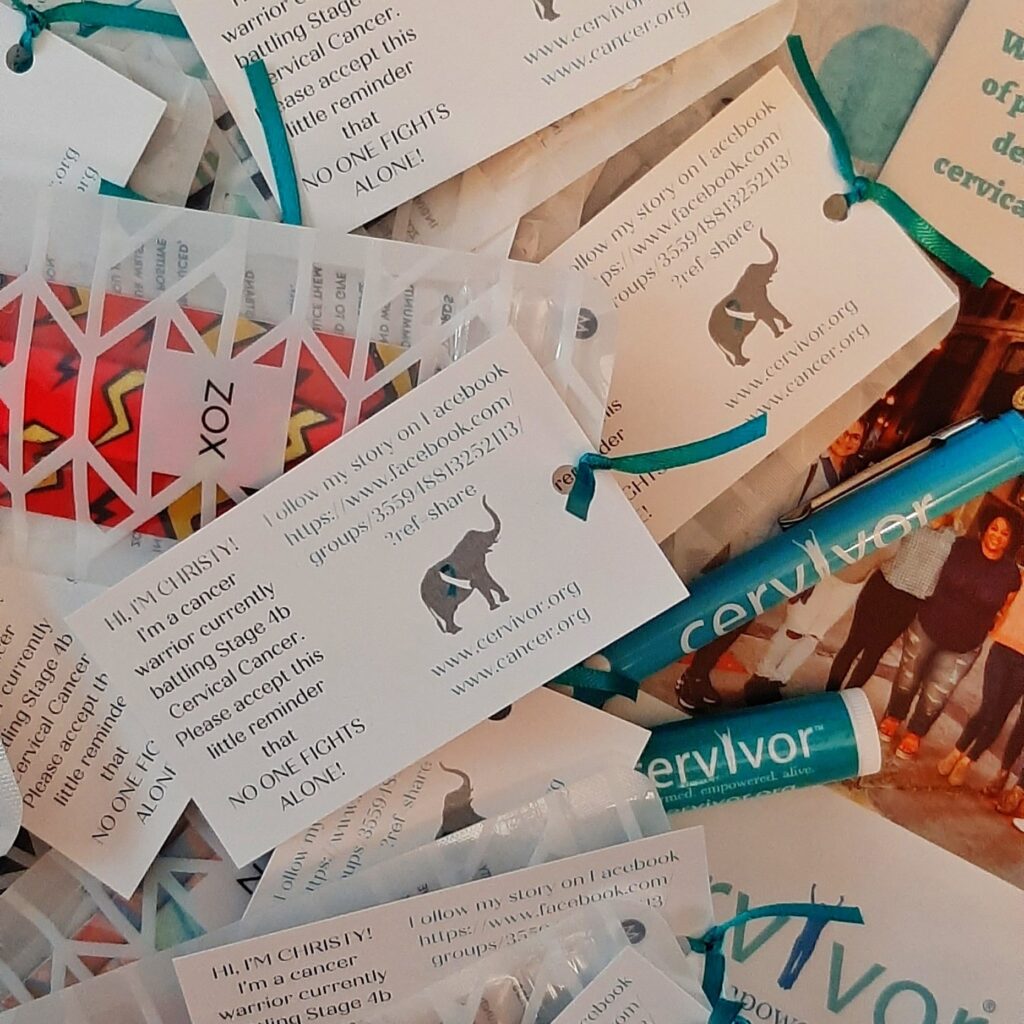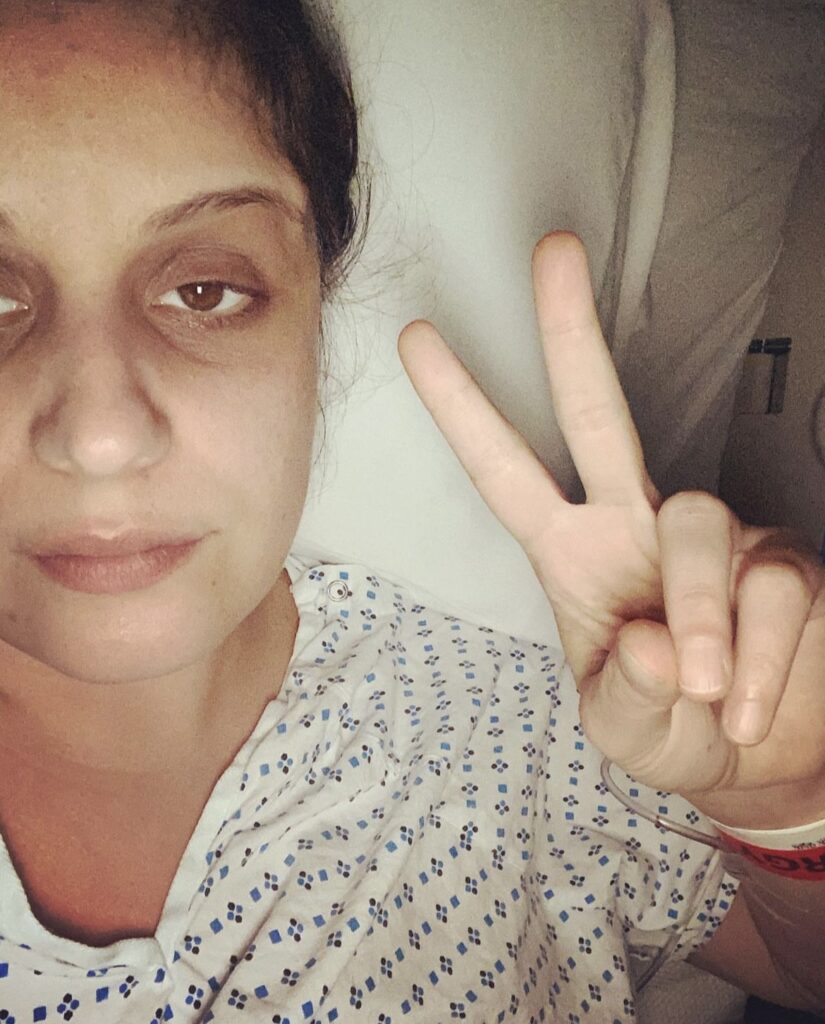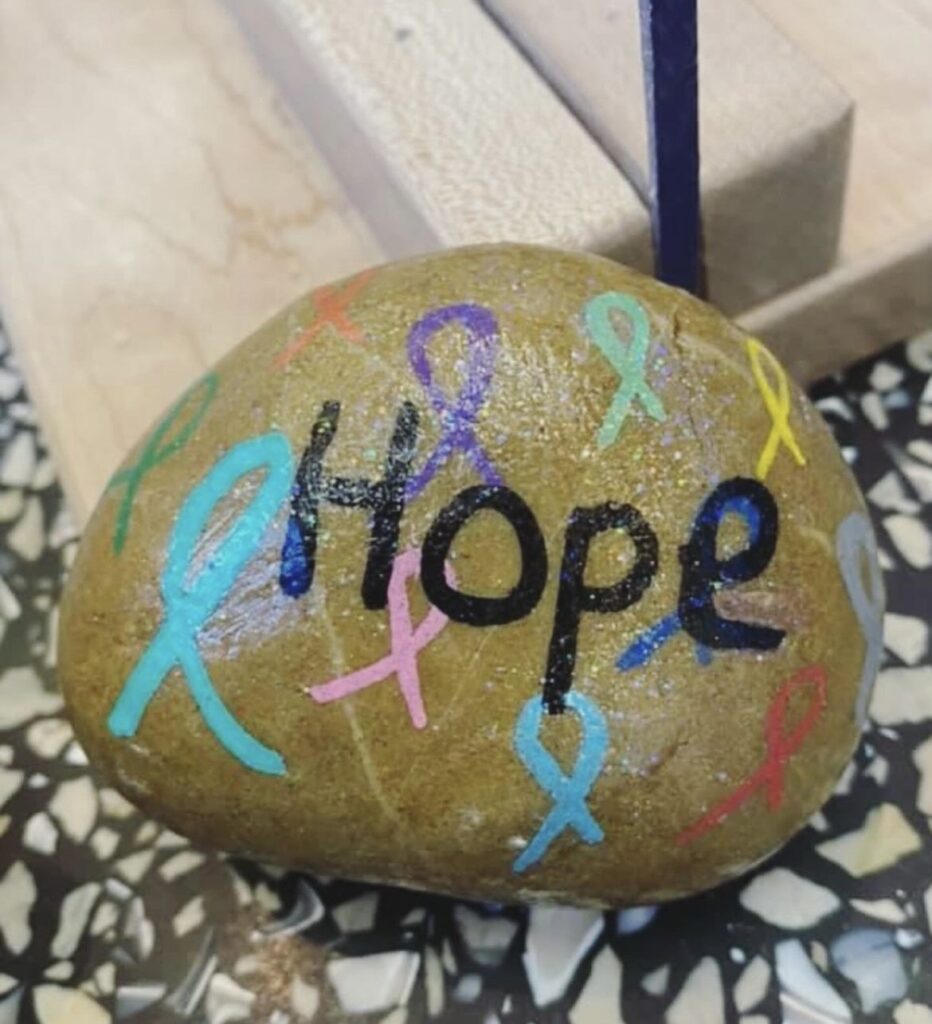Cervical cancer, a disease that affects women globally, is not just a diagnosis; it’s a life-altering experience that can test the limits of resilience and strength. The journey through cervical cancer is one that often involves not only physical and emotional challenges but also the search for a supportive community that understands and uplifts. In the face of this challenge, cervical cancer survivors and patients often emerge with a newfound determination to make a positive impact on the world. Many of these remarkable individuals transform their resilience into advocacy, becoming beacons of hope for others. Their stories and experiences not only inspire but also demonstrate the profound ripple effect of compassion and support within the Cervivor community. Read the inspiring experiences of these community members, whose acts of kindness and advocacy are creating a powerful impact, fostering hope, and building a network of support for people within their reach.
Arelene Simpson is a stage IB3 cervical cancer survivor residing in Washington State. She shares an experience that made an impact on her, “A few months ago, I met “Miss S” on the Next-Door app. She was going through some hard times and moved to Washington with just the clothes on her back and a new hope to find peace in her life. She needed new clothes, household items, and someone she could trust to help her get back on her feet again. She ran away from an abusive relationship, so trust was a big issue for her. It took several tries before she finally responded, and we arranged a meet-up where I gave her two boxes of clothes, shoes, and household items. She also asked if we knew anyone who had an affordable car for sale.

At the time, we had just sold our home in California and we had so much stuff transported to Washington. We also had an old car that we have been wanting to sell. We could have easily sold it to our neighbor who was offering double what we sold it to Miss S but, because of her situation, we decided to sell it to her. Miss S continually sends messages and every time she lets us know how our act of kindness hugely changed her life. I believe that God works in truly wonderful ways and brings the most unexpected blessings. I like to live by having an “Attitude of Gratitude” and live with purpose daily. To give more and to help people positively. When I think my days are hard, I think of Miss S and others who are going through even harder challenges, and it makes me want to give back even more. Paying it forward and giving back with acts of kindness makes me an even more grateful being. Gratitude is my attitude!”
Cervical cancer treatment is physically and emotionally taxing, often requiring a support system to navigate the journey. Survivors are finding creative ways to offer encouragement to those currently undergoing treatment, one of which is through inspirational bracelets. Christy, a North Carolina cervical cancer survivor with a heart full of compassion, started a project where she purchases and distributes inspirational bracelets to individuals going through treatment. Each bracelet is carefully selected with words of encouragement, strength, and hope. The simple act of wearing these bracelets becomes a tangible reminder that they are not alone in their journey.
Christy adds, “I have been a collector of ZOX bracelets for a few years. I love the designs, but more importantly, the goal of the company resonates with me: ‘to build a community that would welcome others with kind words and a gentle heart’. When I was diagnosed I could not find a cervical cancer support group in my area. I was in desperate need of a community; persons who understood what I was experiencing and who could offer a camaraderie that my friends and family could not. I realized I would simply have to build my own.

So I attached cards to 30 ZOX bracelets with a link to a Facebook page I started to chronicle my journey. The cards read: Hi, I’m Christy! I’m a cancer warrior currently battling Stage 4b Cervical Cancer. Please accept this little reminder that NO ONE FIGHTS ALONE!”. I left them at my local infusion and radiation departments with instructions that they be given to both patients and staff. A few months later I left 20 more, then 20 more. To date, I have leftover 100, but I also keep some in my purse and hand them out as I am out living life. Little by little my online community has grown; and that group of people, some of whom I have never met, have been instrumental in my journey! I saw a quote that read: “Kindness is giving hope to those who think they are all alone in this world.”
I would like to think my simple act of sharing has given hope to many; I know it has fostered hope and joy in me! I’m choosing hope daily.”
The significance of acts of kindness cannot be overstated. They possess the remarkable ability to profoundly impact lives, instilling both the giver and the recipient with a renewed sense of hope and purpose. Research consistently demonstrates that kind acts are associated with increased life satisfaction. Kindness is not merely a fleeting gesture; its enduring impact resonates through communities, inspiring others to perpetuate this cycle of compassion. Each act of kindness, regardless of its scale, contributes to a collective reservoir of empathy and support, nurturing a network of strength and resilience. In the face of adversity, the profound effects of kindness serve as a testament to the enduring human spirit and the boundless capacity for empathy and generosity.
Have you carried out acts of kindness and would like to share your experience with us? Email us at [email protected]!

